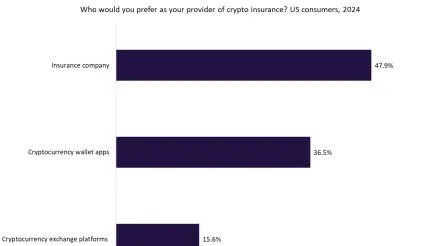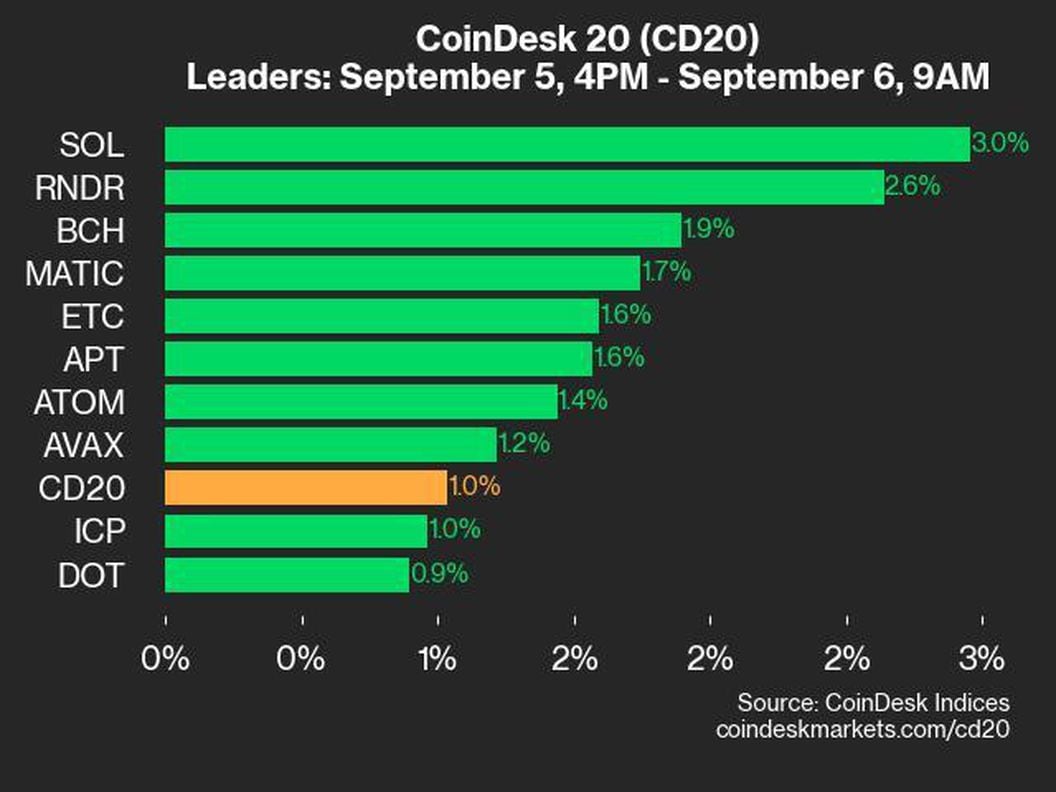
The Nasdaq Composite 's double-digit rally since the start of 2024 has been a wonderful development for investors. But not all businesses have been so fortunate to see meaningful gains.
Look at streaming platform operator Roku (NASDAQ: ROKU) . Despite being a beneficiary of a new trend in the media landscape, shares are down 41% this year and 89% off their 2021 peak price.
Is it time to buy the dip on this once beloved growth stock ?
Improving each quarter
Like many pandemic-era darlings, Roku faced a slowdown following the crisis. However, there's no reason for shareholders to panic. The latest quarter provided another example of positive results.
Roku reported 14% yearly revenue growth in Q2 (ended June 30) to $968.2 million. This total was ahead of analysts' expectations. Advertising growth on Roku remains better than the overall industry and the streaming niche.
The business continues to exhibit strength across some of its most important metrics. Roku now counts 83.6 million households as customers, adding 2 million net new accounts last quarter. The streaming platform has the top market share in the U.S., Canada, and Mexico in the smart-TV industry.
Engagement is also impressive. Households watched a jaw-dropping 30.1 billion hours of content on Roku in Q2. The fact that hours streamed increased at a faster rate than the growth in active accounts is also worth noting because it indicates an improvement in engagement per household.
To be clear, though, Roku consistently loses money. It posted an operating loss of $531 million in 2022 and $792 million in 2023. And through the first six months this year, that loss was $143 million.
But the company is heading in the right direction. For comparison, Roku reported an operating loss of $338 million in the first six months of 2023. What's more, the business has produced positive free cash flow on a trailing-12-month basis.
A focus on expense controls, coupled with what appears to be a scalable business model, should hopefully lead to rising profits in the years ahead. And this will be a clear sign that Roku is becoming a financially sound enterprise. For what it's worth, the company carries zero debt, with almost $2.1 billion of cash and cash equivalents on the balance sheet.
Both sides of Roku's story
Roku could be a good investment choice for those who want exposure to the streaming industry. Besides the fundamental momentum I mentioned above, the company is in a prime position to benefit from the rise of streaming entertainment. It aims to be an agnostic platform that grows from the billions of dollars that other companies spend on content.
Plus, digital ad dollars still have a ways to go in terms of migrating from linear TV to connected TV. With many leading streaming services acquiring rights to major sports leagues, perhaps marketers will start to spend more to target a more engaged streaming audience. And Roku can gain from this.
Shares are very cheap today, trading at a price-to-sales ratio of just 2.1. That's significantly below the historical average of 9.5. The market has completely soured on this business, a negative perception that might not be justified.
Of course, it's not all rosy. Roku competes head-to-head with some of the most powerful tech titans, like Apple , Amazon , and Alphabet , all of which have virtually unlimited financial resources and skill in the digital ad space.
Plus, a valid argument can be made that Roku's platform needs top streaming apps, like Netflix , Disney , and YouTube, more than they need Roku. This diminishes Roku's negotiating leverage.
Nonetheless, perhaps this risk is more than reflected in the stock's low valuation. And investors might still decide to buy the dip.
Before you buy stock in Roku, consider this:





